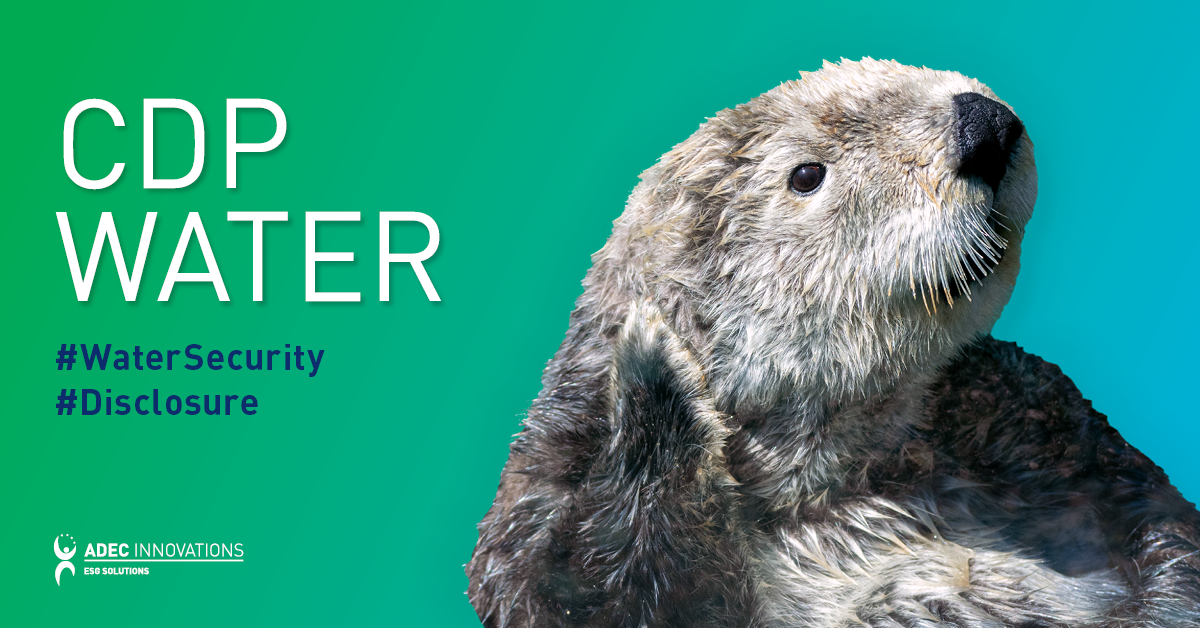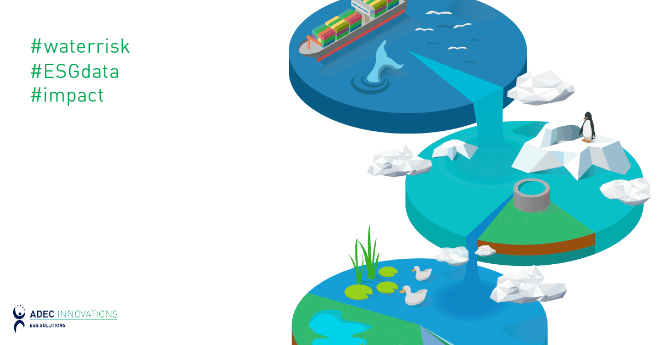Wastewater management is regarded primarily as a sanitation process. But what most people do not know is that wastewater management can also be used as a tool for achieving the Sustainable Development Goals (SDGs). Beyond sanitation, the benefits of wastewater management can also ensure a healthy community and a healthy planet.
Wastewater management is able to help achieve the SDGs by addressing the negative effects of untreated wastewater. By preventing water pollution, wastewater management provides clean drinking water, adequate sanitation, renewable energy and a thriving environment. These outcomes produce healthy and productive communities, more livelihood opportunities and, ultimately, sustainable development.
SDG 6 (Ensure Access to Water and Sanitation for All)
According to the International Water Association (IWA), “[approximately] 80 percent of the world’s wastewater is not treated before it is discharged.” This has serious implications for both communities and the environment. Untreated wastewater can contaminate bodies of water, leading to water pollution. Water pollution can then cause public health problems, which in turn lead to lower productivity, thus threatening livelihoods and contributing to poverty and unemployment.
With proper wastewater management, drinking water sources can be safeguarded by preventing contamination of water bodies. It also improves sanitation. This is important because poor sanitation can render a community unfit for business. In areas with poor sanitation, people regularly contract diseases such as diarrhea due to the consumption of contaminated food and water. Businesses in areas with poor sanitation are at times forced to close down due to the lack of means to keep their facilities clean. These conditions can reduce worker productivity, as well as cause poverty and unemployment. In 2015, the global economy lost an estimated USD 222.9 billion to poor sanitation.
SDG 7 (Ensure Access to Affordable, Reliable, Sustainable and Modern Energy for All)
Wastewater management has the capacity to produce renewable energy. Wastewater is a rich source of methane, a powerful greenhouse gas that burns more cleanly than fossil fuels such as coal. Proper wastewater management can collect enough methane that can be turned into energy. Furthermore, the establishment of gas-to-energy plants will create more jobs and spur economic development. According to Energy Vision, a sustainable transportation non-government organization, converting human waste into renewable natural gas (RNG) or biomethane can help save up to 7 billion gallons of diesel every year. The organization added that the said process can produce approximately 70,000 new jobs.
SDG 13 (Take Urgent Action to Combat Climate Change and Its Impacts)
Wastewater management can help address climate change. Because methane burns more cleanly than fossil fuels such as coal, it releases less emissions. This means that methane can generate energy without contributing to climate change. In Grand Junction, Colorado, the Persigo Wastewater Treatment Plant turns human waste into biomethane. The biomethane the plant produces is then used as fuel for large vehicles like transit buses and dump trucks. Bret Guillory, Grand Junction’s utility engineer, claimed that biomethane has helped lower the city’s greenhouse gas emissions by up to 60 percent to 80 percent.
Wastewater Management: From Sanitation to the SDGs
Wastewater management is an important tool for achieving the SDGs. This is because wastewater management helps meet the prerequisites of a sustainable society. It disposes waste materials in a safe and environment-friendly manner. It also improves renewable energy production, thus addressing climate change in the process. As a result, both public health and the environment are safeguarded, ensuring a healthy and productive workforce, as well as more resources that can be turned into products and services—the very conditions that the SDGs seek to achieve.
ADEC Innovations is a leading provider of ESG solutions, including fully-integrated industry expertise, software solutions and data management. With expertise in water management for industry and governments, we help businesses recognize sustainability as a main driver for industry practices and regulations, and develop cost-effective solutions that integrate sustainability into their daily operations.




